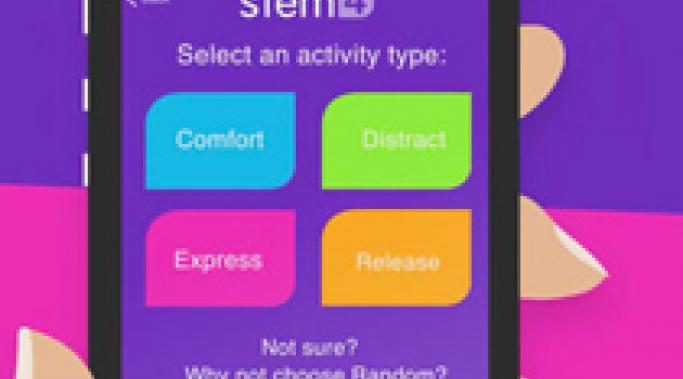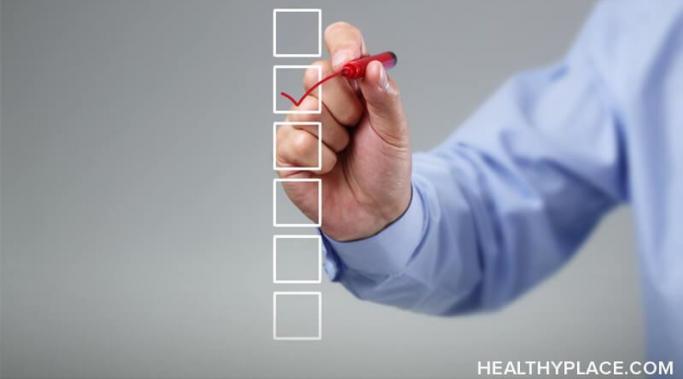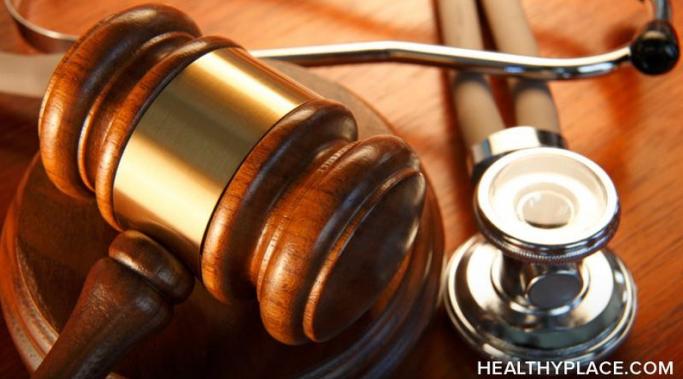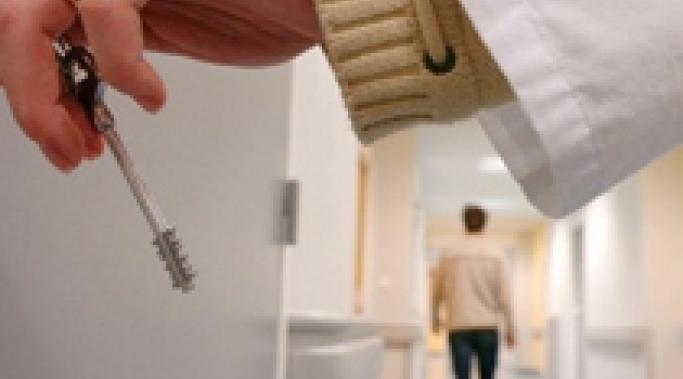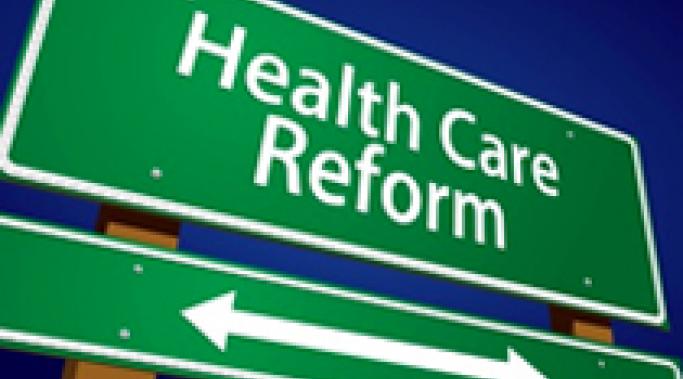We should call the police in a mental health crisis only as a last resort. I spent some time at a psychiatric hospital that used off-duty but uniformed Marion County Sheriff's Deputies as security. I thought this was a bad idea because many mental health consumers have had bad experiences with the police. Even though I have no criminal record, I have a mild fear of police officers, especially when in crisis, because I've seen confrontations end badly (Mental Health Crises and Calling the Police). For example, one night a patient refused to go to his room, and security was summoned. One deputy pulled out his can of pepper spray and yelled, "You want some of this?" That's one reason why calling the police during a mental health crisis should be a last resort, especially in hospitals.
Recovering from Mental Illness
You may be able to manage self-harm urges with the Calm Harm application, or app. Recently, a counselor shared this app with me. Calm Harm, a British app, is designed to help people of all ages deal with self-harm urges. It mainly does this by inviting the user to "ride the wave"--self-harm, the app says, is like a wave--strongest when you want to do it, and then weaker with time. The app then provides suggestions, a timer, and feedback on how you handle self-injury. It's an interesting app for anyone, but I cannot recommend it strongly enough for someone who struggles with self-injury. Here is how you can manage self-harm urges using the app.
Let's face it--Facebook attracts some toxic people and you need to know how to handle toxic people on Facebook. Whether they're posting belittling comments or mocking any honest, heartfelt post, they leave you feeling worse than before you read their comment. There are three major types of toxic people on Facebook, and the good news is there are ways to deal with people with issues. Here are the three toxic people on Facebook and how to handle them.
I have a mental illness--a disability--but should I check the "disability" box when applying for a job? I recently was laid off at one job and had my hours cut at another, for a total loss of around $500 in income per month. I've dusted off my resumes and started applying for jobs, but have been hindered by a question: "Should I check the disability box?" Several businesses claim to be equal opportunity employers and make an effort to hire people with disabilities (Should You Disclose Mental Illness in the Workplace?). But can we trust them not to discriminate? Should we check the box that says we have a mental illness disability?
Ever since his election many people, including some mental health professionals, have been speculating on President Donald Trump's mental health. This is unethical and dangerous. President Trump may or may not have a mental illness, but going public about it should be his decision. And his diagnosis, if any, should be between him and his doctor. Speculating on his mental health reinforces mental health stigma and keeps people from seeking help (Are You Afraid to Ask for Mental Health Help?). It's time to stop speculating on President Donald Trump's mental health.
There are three myths about hospitalization that keep people from seeking mental illness treatment when they need it most (Facts About Psychiatric Hospitalization). When I first started having symptoms, I believed all three myths. They kept me from seeking psychiatric treatment for about two years. Ironically, if I'd sought treatment when I first started having symptoms, I might have avoided the first hospitalization. Here are the three myths about hospitalization that keep people from seeking mental illness treatment.
It's clear we need a sensible drug policy in the United States. My generation grew up with a government policy of 100 percent abstinence from illegal substances. We became the most drug-addicted generation in history. When you explore the racist history behind our current drug policy and read what the science really says about illegal drugs, it can easily lead to one conclusion: We need a sensible drug policy in the United States.
There are many myths about involuntary treatment for mental illness (The Realities of Involuntary Treatment). Involuntary treatment is extremely controversial, and that's an understatement along the lines of saying, "The Arctic is kind of chilly." Part of the reason it's so controversial is because we rarely do it for other illnesses. We prefer to let people "die with their rights." While I'm hesitant to recommend involuntary treatment become standard operating procedure, I can discuss three myths about involuntary treatment.
It's time to reform the mental healthcare system. It's been time for years. While the George W. Bush and Barack Obama administrations made great strides, all that progress could be lost under the new administration (Mental Health Care [In A Perfect World]). Already, Congress voted to reinstate pre-existing conditions (which prior to the Affordable Care Act many insurance agencies used to refuse to cover an individual with mental illness or refuse to cover mental healthcare). Congress also voted to prevent Medicare from negotiating with drug companies to lower prices. And legislation that would have lowered drug prices was shot down--you may have seen the meme naming which politician voted against it and how much money they've received from pharmaceutical companies. President-elect Donald Trump needs to take action and reform the mental healthcare system.
The new year made me realize it would be a good idea to write about how to self-diagnose an alcohol addiction. While only a professional can make a formal diagnosis, awareness of your drinking habits and any problems that arise from drinking can help you seek treatment (Identifying and Diagnosing Alcoholism). Here's how to self-diagnose an alcohol addiction.

